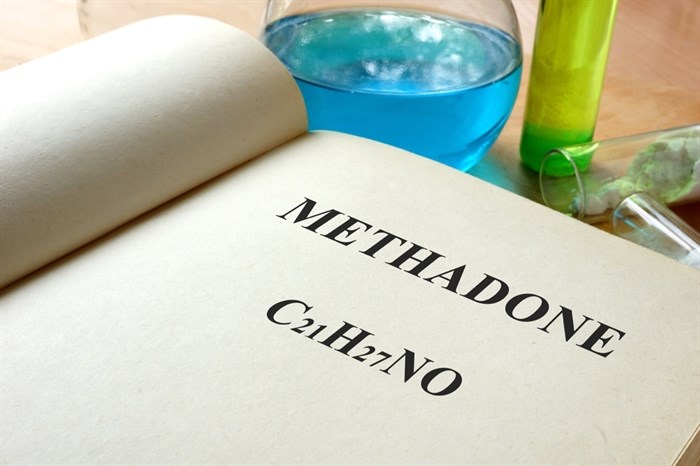
Image Credit: ADOBE STOCK
October 26, 2017 - 11:10 AM
The opioid crisis that’s killing dozens of people across the Interior Health Authority is relatively new but one of the best tools it has to combat the crisis is decidedly old school — methadone and its lesser-known cousin suboxone.
The methadone program, as most would know it, now goes by the unwieldy name of opioid agonist therapy, addictions physician Dr. Leslie Lappalainen says, and has always offered the same immediate benefits to people addicted to street drugs or black market prescription pills.
“Most obviously by getting them away from using drugs of unknown origin and purity, but also giving them enough stability to make it to work or school and enjoy a normal life,” she says.
Unlike a safe injection site, the program also offers discretion to people who might not want the world to know of their situation.
“Opiate overdose and addiction isn’t unique to street people,” she said. “We are now seeing people dying who are not homeless, not street involved. They are people who are working and have families and have lots of supports. Those people are dying of opiate overdoses as well.”
If anything has changed, she says, it’s been the introduction of suboxone in the last ten years as the primary drug offered with methadone now the second choice because of a higher risk of drug interaction and overdose.
Lappalainen is team leader for the Interior Health Authority’s Opioid Agonist Treatment program and says increasing access to suboxone and methadone is considered the top priority for the opioid emergency response.
Over 4,000 people are now on the program within the health authority, with 1,330 on suboxone, double the number from the year before.
Both drugs act on the body’s opioid receptors, but do not produce a high and help with withdrawal symptoms. As an extra benefit, both drugs act as overdose protection of someone does relapse, Lappalainen adds.
It’s recommended they stay on the drug for at least a year, she says, and can also be used by people who are still using other opiates as a form of harm reduction.
Lappalainen said the drugs can be prescribed by family doctors trained in their use but admits there is a shortage of physicians with that knowledge, even with the recent addition of 15 more.
“We haven’t done great job of training family doctors to screen for opiate addiction and also treat opiate addiction,” she says.
Wait times within the health authority to access the program have dropped to as little as two days after screening and evaluation, except in the hard hit Kelowna area where demand is highest and wait times can be as long as 11 days.
Changes to Pharmacare eligibility means prescribing suboxone has become much easier in the last year.
“It costs between $10 and $20 a day which would be hard to maintain for a year out of your own pocket,” she says.
Suboxone comes in tablet form while methadone is delivered as a liquid. Methadone itself can also cause an overdose and is sometimes diverted to the black market although the health authority takes a number of steps to verify that people are taking their prescriptions, including random drug screenings and recalls.
“We are very careful about who takes it home, especially with methadone. We select the patients who are clinically and socially stable, who have housing and a safe place to keep their medication."
While some have called for more detox beds in Kelowna, Lappalainen says that approach has proven fatal for some who relapse and is no longer recommended for opiate addiction.
“Relapse rates are upwards of 90 per cent and it actually puts people at increased risk of dying because they lose their tolerance very quickly,” she says.
The health authority operates opioid treatment clinics in 11 communities including Penticton, Vernon, Kamloops, Kelowna, Castlegar, Nelson, William's Lake, Cranbrook, Revelstoke, Salmon Arm and Merritt.
To contact a reporter for this story, email John McDonald or call 250-808-0143 or email the editor. You can also submit photos, videos or news tips to the newsroom and be entered to win a monthly prize draw.
We welcome your comments and opinions on our stories but play nice. We won't censor or delete comments unless they contain off-topic statements or links, unnecessary vulgarity, false facts, spam or obviously fake profiles. If you have any concerns about what you see in comments, email the editor in the link above.
News from © iNFOnews, 2017